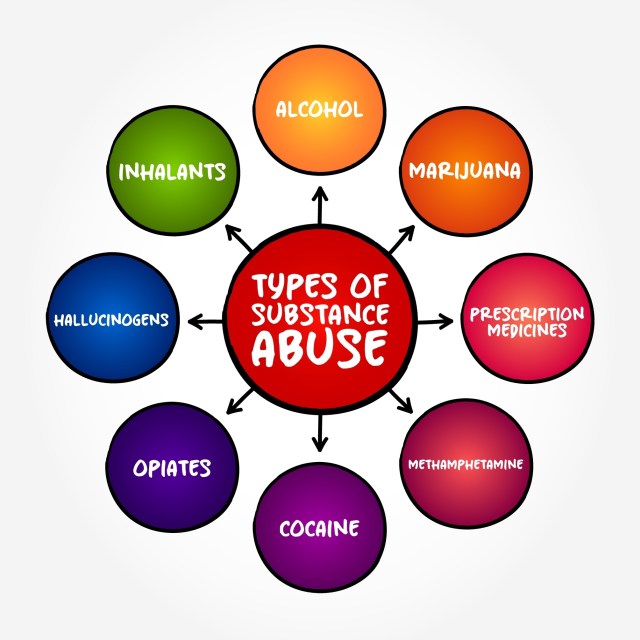Course Summary
The Diagnostic and Statistical Manual of Mental Disorders, Fifth Edition (DSM-5) defines a substance use disorder as a problematic pattern of substance use with significant clinical impairment based on specific criteria. Symptoms are classified according to level of severity, and specifiers include varied behavioral changes and possible mental illness. Important to the diagnosis of a substance use disorder is the patient’s history and physical assessment, collateral family or significant other report, and interdisciplinary team member evaluation during the patient’s treatment and various phases of the medical/psychiatric treatment planning.
Course Format
Homestudy
Course Syllabus
- I. Introduction
- II. The DSM-5 and Substance Use Disorders
- 1. DSM-5 Guidelines for Substance-Related Disorders
- 2. Tolerance
- 3. Withdrawal
- III. Multiple Substance Use
- IV. Progression of a Substance Use Disorder
- V. Common Risk Factors for Substance Use
- 1. Homelessness
- 2. Personality Disorders
- 3. Comorbid Psychiatric Disorders
- 4. Dual Pathology
- 5. Comorbid Mental Illness and Other Behavioral Addictions
- VI. Screening for Substance Use
- 1. Physiological Category
- 2. Psychological Category
- 3. Behavioral Category
- 4. Biological Screens
- 5. Dimensions of Substance Use
- VII. Screening Instruments for Substance Use
- 1. CAGE and CAGE-AID
- 2. Alcohol Use Disorders Identification Test
- 3. Michigan Alcoholism Screening Test
- 4. Short Michigan Alcoholism Screening Test
- 5. Drug Abuse Screening Test
- VIII. Case Study: Substance Use Disorder in a Young Male
- IX. Summary
Authors
Kellie Wilson, PharmD
Kellie Wilson is a Doctor of Pharmacy practicing in Anaconda, Montana, where she lives with her husband and four children. She attended the University of Montana in Missoula where she graduated in 2009 with a doctorate in pharmacy. She later worked in Boise, Idaho for a large, retail pharmacy for 2 years, and then returned home to Montana to oversee an independently owned retail and long-term care pharmacy in Anaconda. As an independent retail pharmacist she has become very involved in psychiatric pharmacy for two major behavioral health organizations that are located around all of Montana. Kellie’s passion is retail pharmacy because she enjoys the interactions with customers as well as the challenges and rewards of staying current with the continuous changes in the pharmacy field.
William Cook, PhD
William Cook, Ph.D. is a licensed psychologist who worked for 15 years in private practice in Montana before leaving his practice to work full time as the Director of CE4Less. He earned his doctorate degree from Texas A&M University, and focused much of his psychology practice in the area of child and family counseling, as well as psychological testing. Dr. Cook likes new challenges, foreign traveling to Africa and areas of Europe and the near East, scuba diving, running, music, and spending time with his family.


